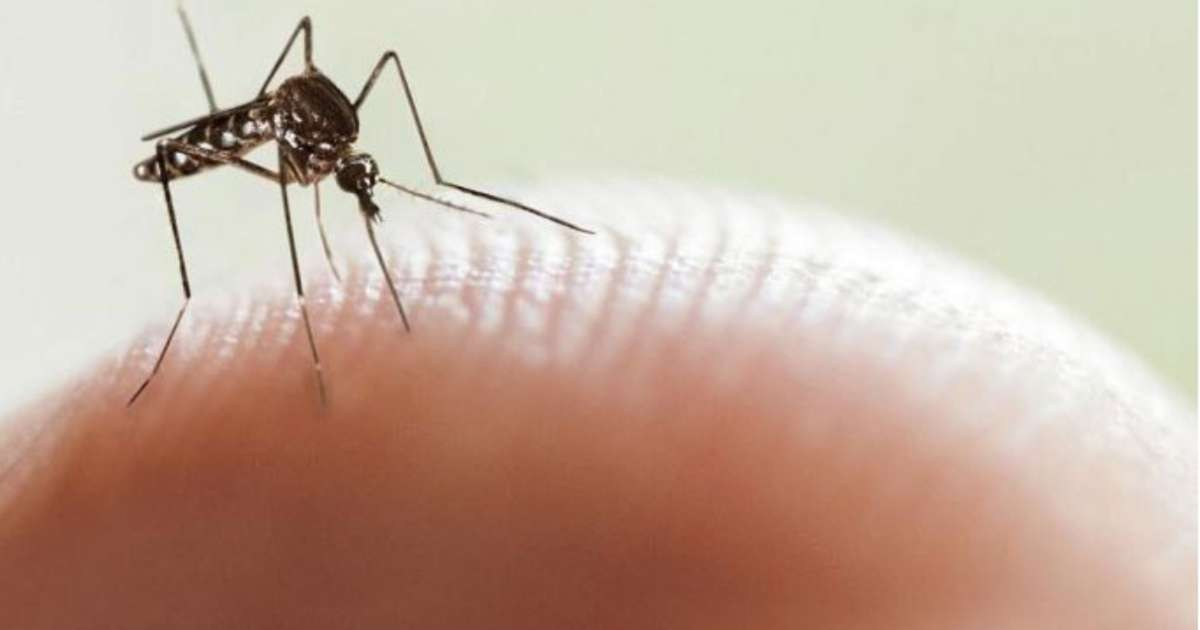
The spread of the Oropouche virus in the municipality of Pedro Betancourt, in Matanzas, demonstrates the shortcomings in the sanitary and environmental management by the Cuban authorities.
Despite the recent efforts announced by the Matanzas General Health Department, the proliferation of cases of "Oropouche Fever" shows that the preventive actions in the territory are insufficient.
Yenisleidys González Prendes, in charge of health in Pedro Betancourt, stated that an integrated confrontation strategy has been implemented to reduce the current cases.
The first cases were on the outskirts of the municipality, but now it's throughout the entire territory. "We have been working with self-focusing in those households," said the official.
However, the existence of numerous water leaks, trash dumps, and natural spaces ideal for mosquito breeding exacerbates the situation and hinders vector control.
Carlos Alberto García Morales, epidemiologist, emphasized the need to be proactive in the fight against the oropouche virus, but acknowledged that preventive measures, such as eliminating mosquito breeding grounds, have not been sufficient.
Yonel Estrada Ramirez, president of the Municipal Assembly of People's Power, urged to increase sanitation and cleaning tasks.
These actions come belatedly and do not effectively address the root of the problem: the persistent presence of mosquito breeding sites in urban and rural areas.
Every year, during the summer, dengue cases soar in Cuba due to the insufficient preventive action by the authorities. The current situation with the Oropouche virus is no different, reflecting a pattern of reactive rather than preventive response from the government.
Citizen cooperation is fundamental, but without structural support and adequate resources, community efforts are insufficient to control the epidemic.
The population of Pedro Betancourt and other affected territories in the country, such as Santiago de Cuba, is demanding a more efficient and effective management that not only reacts to emergencies but also implements sustainable long-term solutions to prevent future epidemics.
What do you think?
COMMENTFiled under: